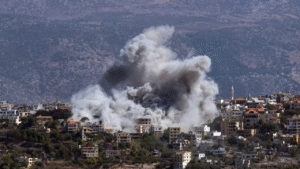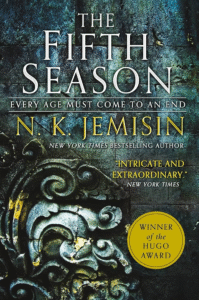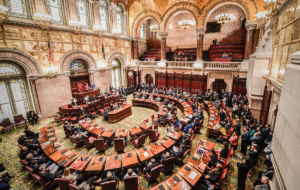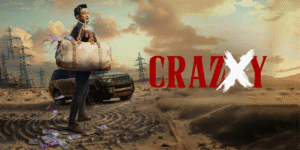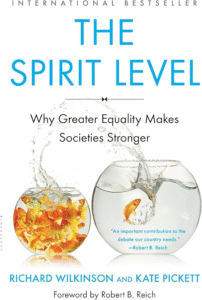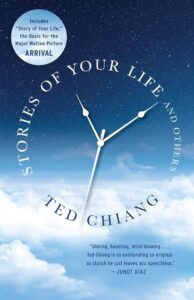Finding Meaning in the Margins: Hope and Resistance in Ali Smith’s “Gliff”

A Dystopian Britain and the Abandoned Children
Ali Smith’s 2024 novel, “Gliff,” paints a stark picture of a near-future Britain suffocating under environmental decay, constant surveillance, and an oppressive political regime. At the heart of this unsettling world are two siblings, Briar and Rose, who are abruptly abandoned by their mother and her partner. The novel follows their journey as they navigate this perilous landscape, highlighting their resilience and the unexpected sources of hope they discover in the ruins.
The Power of Language and the Enigmatic “Gliff”
The narrative unfolds through the eyes of Briar, or Bri, a perceptive teenager deeply engaged with the nuances of language and its inherent ambiguity. The very title, “Gliff,” with its multiple connotations – “a fleeting glimpse,” “a sudden shock,” and “an obsolete AI technology” – underscores Smith’s exploration of meaning and interpretation. Rose’s decision to name a horse “Gliff” becomes a powerful symbol of the children’s yearning for freedom and their ability to create personal meaning in a world that seeks to categorize and control every aspect of life.
Themes of Resilience and Contemporary Resonance
Critics have lauded Smith’s inventive use of language and her skill in crafting a believable dystopian atmosphere. The novel’s strength lies in its focus on the children’s resourcefulness and their unwavering ability to forge connections and discover beauty amidst decay. Comparisons to Cormac McCarthy’s “The Road” highlight the shared emphasis on a compelling narrative voice and a straightforward yet deeply impactful storyline. The themes explored in “Gliff” – political oppression, environmental crisis, and the plight of marginalized communities – resonate powerfully with contemporary anxieties and realities.
A Warning and a Testament to the Human Spirit
While set in a bleak future, “Gliff” serves as a potent commentary on present-day issues in Britain and beyond. Smith subtly weaves in critiques of the treatment of immigrants, the insidious nature of pervasive surveillance, and the devastating consequences of environmental neglect. Ultimately, the novel acts as both a cautionary tale about the dangers of unchecked power and a testament to the enduring strength of the human spirit, particularly the resilience and hope found in the most vulnerable.




